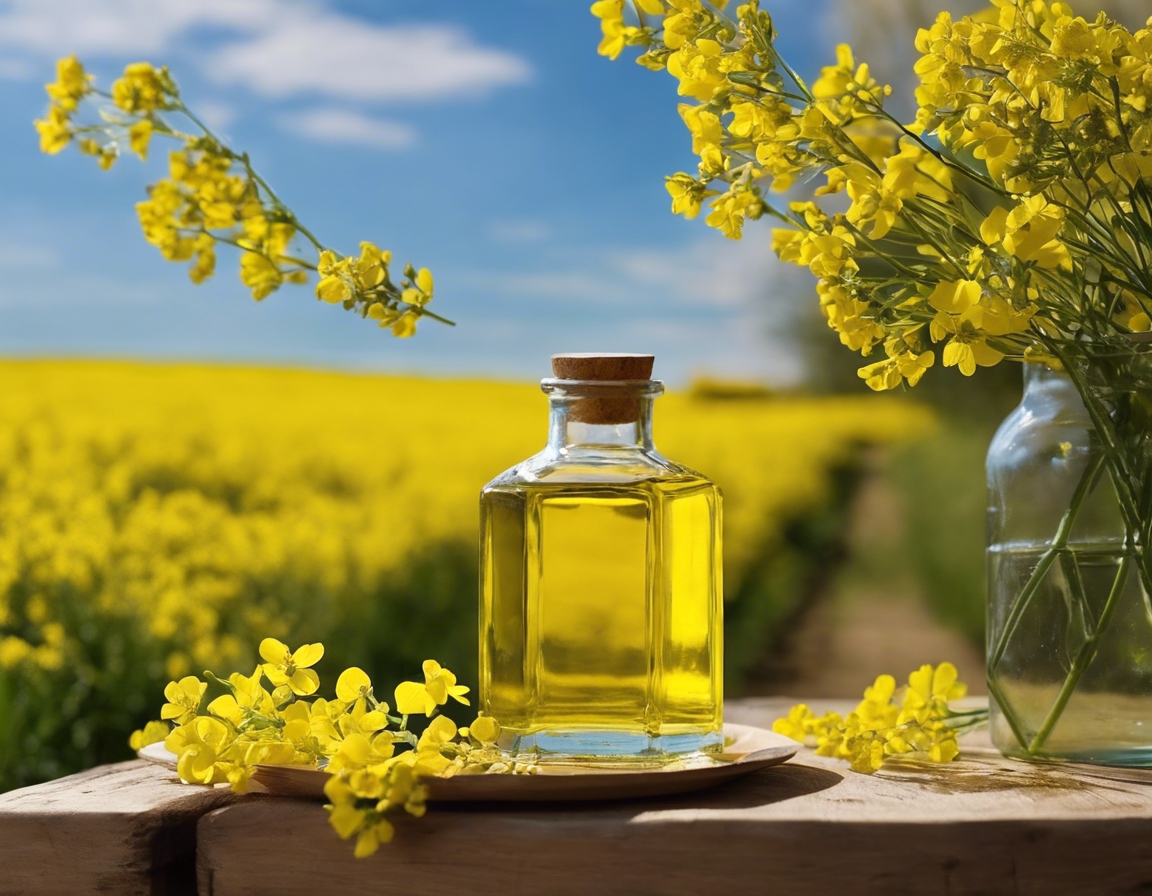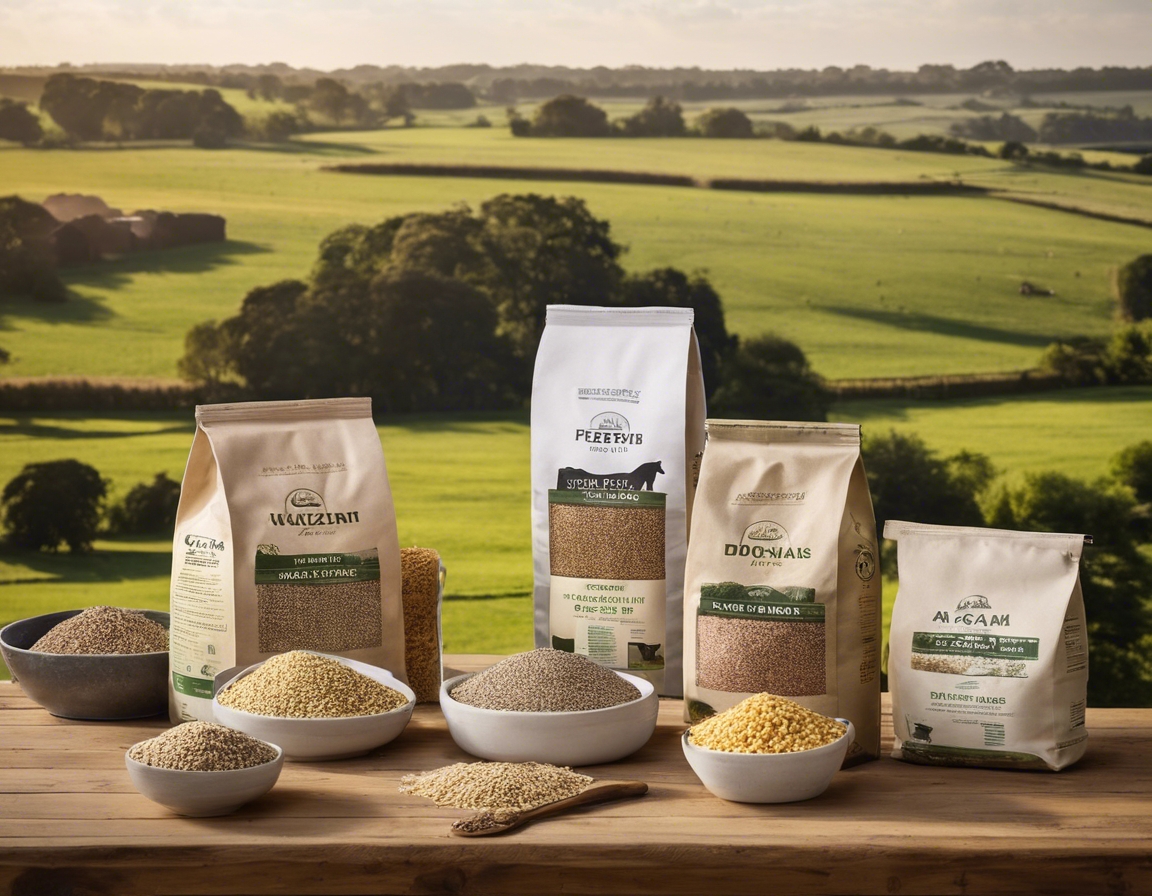5 reasons why free-range dairy matters
Free-range dairy farming is a method of dairy production that allows cows to roam freely in natural pastures for the majority of the year. Unlike conventional dairy farms where cows may be confined, free-range systems prioritize the well-being of the cattle, ensuring they have access to fresh grass, sunlight, and open space.
Conventional dairy farming often involves keeping cows in confined spaces with limited access to the outdoors. This can lead to a range of issues, from animal welfare concerns to environmental degradation. Free-range dairy farming offers a stark contrast, promoting a harmonious relationship between agriculture and nature.
Reason 1: Animal Welfare and Ethical Considerations
At the heart of free-range dairy is the belief that cows deserve a life that allows for natural behaviors. Free-range cows can graze, socialize, and exhibit behaviors that are innate to them, leading to better health and well-being.
Conventional dairy farming practices have been criticized for compromising animal welfare. Free-range dairy farming addresses these concerns by providing a more humane and ethical approach to dairy production.
Reason 2: Health Benefits of Free-Range Dairy Products
Studies have shown that free-range dairy products can be richer in certain nutrients, including omega-3 fatty acids, vitamin E, and beta-carotene. This is largely due to the cows' diet of fresh, diverse pasture plants.
Consuming free-range dairy products is not only beneficial for the cows but also for human health. The higher nutrient content can contribute to a healthier diet and overall well-being.
Reason 3: Environmental Impact
Free-range dairy farms can support a wide range of wildlife, promoting biodiversity. The natural grazing patterns of cows help maintain diverse ecosystems, which is crucial for environmental health.
By utilizing natural grazing and reducing reliance on feed production, free-range dairy farms can have a lower carbon footprint compared to conventional farms, contributing to the fight against climate change.
Reason 4: Economic Benefits for Local Communities
Free-range dairy farming supports local economies by creating jobs and sustaining local businesses. When consumers choose free-range, they are investing in their communities and the livelihoods of local farmers.
Choosing free-range dairy products sends a powerful message about consumer values. It encourages more farmers to adopt ethical practices, leading to widespread economic and social benefits.
Reason 5: Taste and Quality
Many connoisseurs agree that free-range dairy products have a superior taste. The rich and complex flavors are a result of the cows' natural diet and high-quality milk production.
Free-range dairy farms are often held to higher standards of quality and safety. This results in premium dairy products that businesses and consumers can trust for their purity and excellence.





Comments (0)